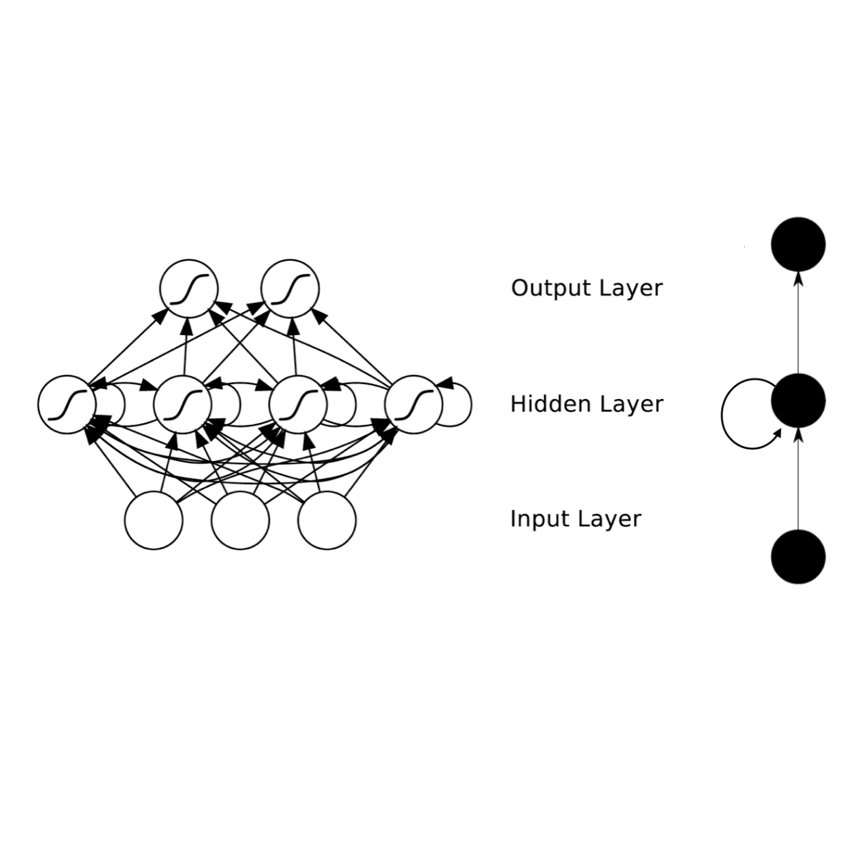Previous data breaches that occurred in the mobility sector, such as Uber's data leakage in 2016, lead to privacy concerns over confidentiality and the potential abuse of customer data. To protect customer privacy, location-based service (LBS) providers may have the motivation to adopt privacy preservation mechanisms, such as obfuscating data from vehicles or mobile through a trusted data server. However, the efforts for protecting privacy might be in conflict with those for detecting malicious behaviors or misbehaviors by drivers. The reason is that the accuracy of data about vehicle locations and trajectory is crucial in determining whether a vehicle trip is fabricated by adversaries, especially when machine learning methods are adopted by LBS for this purpose. This paper tackles this dilemma situation by evaluating the tradeoff between location privacy and security. Specifically, vehicle trips are obfuscated with 2D Laplace noise that meets the requirement of differential privacy. The obfuscated vehicle trips are then fed into a benchmark Recurrent Neural Network (RNN) that is widely used for detecting anomalous trips. This allows us to investigate the influence of the privacy-preservation technique on model performance. The experiment results suggest that applying Laplace mechanism to achieve high-level of differential privacy in the context of location-based vehicle trips will result in low true-positive or high false-negative rate by the RNN, which is reflected in the area under the curve scores (less than 0.7), which diminishes the value of RNN as more anomalous trips will be classified as normal ones.
翻译:过去在流动部门发生的数据违规事件,如Uber2016年的数据泄漏,导致对保密的隐私关切,以及可能滥用客户数据。为了保护客户隐私,基于地点的服务供应商可能具有采用隐私保护机制的动机,如混淆车辆数据或通过可信赖的数据服务器移动的数据。然而,保护隐私的努力可能与探测司机恶意行为或不当行为的努力发生冲突。原因是车辆位置和轨迹数据的准确性对于确定车辆旅行是否由对手制造至关重要,特别是当LBS为此目的采用机器学习方法时。这份文件通过评估地点隐私和安全之间的交易来应对这种两难情况。具体地说,车辆旅行与符合不同隐私要求的2D Laplace噪音相混淆。随后,模糊性车辆旅行被输入一个用于检测异常旅行的基准的中央网络(RNNN),这使我们能够调查隐私保密技术对模型性旅行的影响,而模型性能的正常性能水平则会降低,在标准性价比值高的车辆轨道上,实验结果显示,在标准性能水平下,在低度旅行中,在低度的轨道上,将使用低度的保密性水平,在低度旅行中,在低度的保密性轨道上将使用高值定位。





